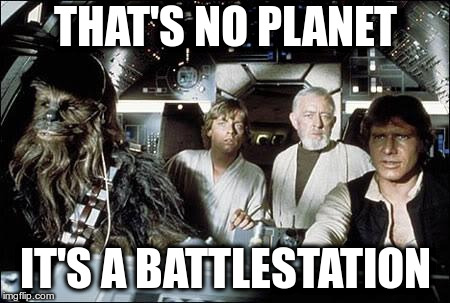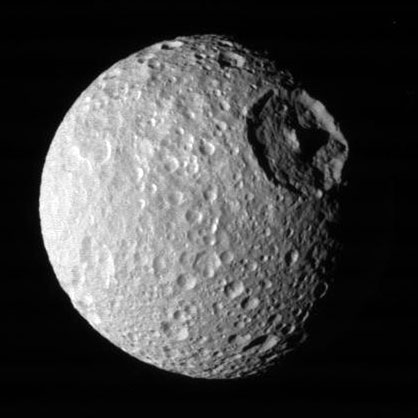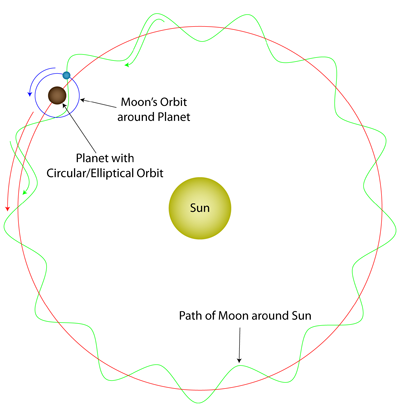DeathFromBelow
Supreme [H]ardness
- Joined
- Jul 15, 2005
- Messages
- 7,315
Here is the reason for the disagreement taken from Wikipedia:
"Stern, currently leading NASA's New Horizons mission, disagrees with the reclassification of Pluto on the basis of its inability to clear a neighbourhood. One of his arguments is that the IAU's wording is vague, and that—like Pluto—Earth, Mars, Jupiter and Neptune have not cleared their orbital neighbourhoods either. Earth co-orbits with 10,000 near-Earth asteroids (NEAs), and Jupiter has 100,000 trojans in its orbital path. "If Neptune had cleared its zone, Pluto wouldn't be there", he has said."
By that reasoning we are living on a Dwarf Planet and Jupiter would need to be reclassified as well. That simply doesn't make sense. There is nothing gained by the reclassification. Nothing is really implied by the term dwarf planet other than the planets' size. If the IAU had decided that a planet had to be round, in direct orbit of the sun, and exceed a certain size threshold, I think that would be fine.
From Wiki:
Clearing the neighbourhood around its orbit" is a criterion for a celestial body to be considered a planet in the Solar System. This was one of the three criteria adopted by the International Astronomical Union (IAU) in its 2006 definition of planet. In 2015, a proposal was made to use the criterion in extending the definition to exoplanets.
In the end stages of planet formation, a planet (as so defined) will have "cleared the neighbourhood" of its own orbital zone, meaning it has become gravitationally dominant, and there are no other bodies of comparable size other than its natural satellites or those otherwise under its gravitational influence. A large body that meets the other criteria for a planet but has not cleared its neighbourhood is classified as a dwarf planet. This includes Pluto, which is constrained in its orbit by the gravity of Neptune and shares its orbital neighbourhood with Kuiper belt objects. The IAU's definition does not attach specific numbers or equations to this term, but all the planets have cleared their neighbourhoods to a much greater extent (by orders of magnitude) than any dwarf planet, or any candidate for dwarf planet.
Yes, there's still a *relatively* tiny bit of debris flying around the solar system crossing major planetary orbits, but the sizes and orbits of the major planets have completed their evolution and are now in a stable long-term state.
Pluto's mass is tiny compared to Neptune, and it's locked in a resonance with it anyway. Same with the Trojan asteroids and Jupiter. They can't collide, so their orbits are considered 'clear.'
![[H]ard|Forum](/styles/hardforum/xenforo/logo_dark.png)


